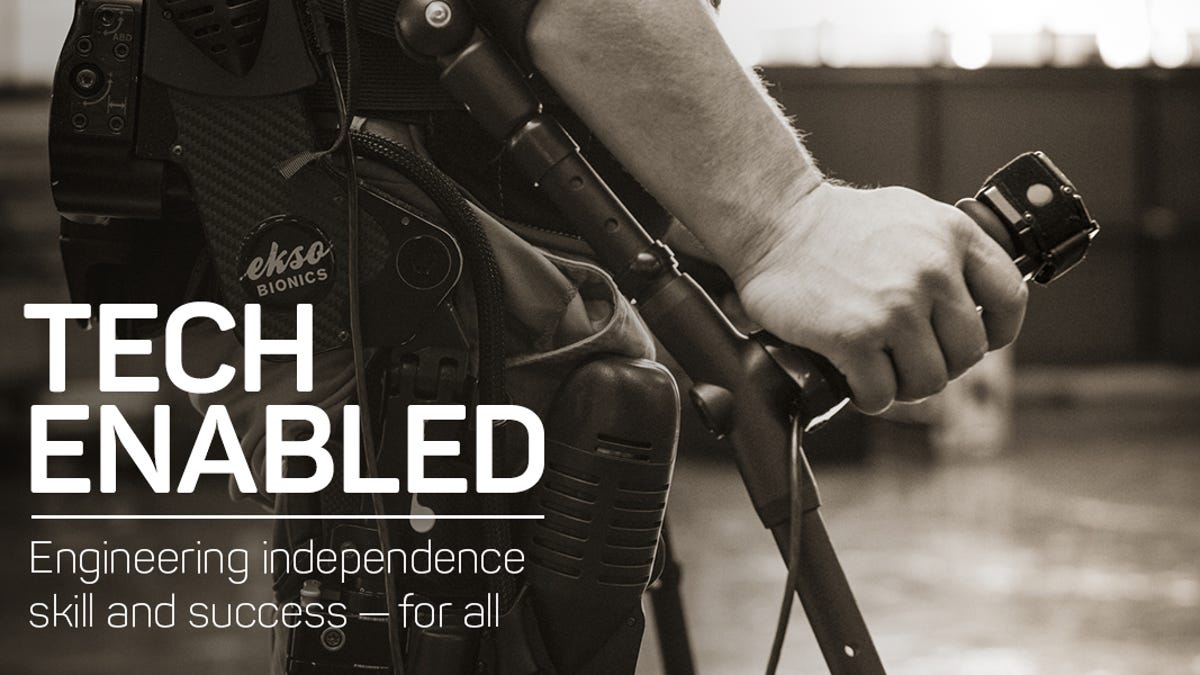A smarter home is a more accessible home
Our second installment of Tech Enabled is all about the smart things in your home that can empower the elderly and people with disabilities.

This Tech Enabled series is all about accessibility at home.
This is part of CNET's "Tech Enabled" series about the role technology plays in helping the disability community.
Increasingly, home is where the tech is.
Once this was the stuff of science fiction. Now we're increasingly comfortable with the notion of controlling our doors and lights with our phone or by simply uttering a command to our Amazon Echo. A McKinsey report says that this year 29 million US homes will have some kind of connected tech. But beyond making our lives easier, this technology can have a more profound impact on the lives of people who deal with physical and mental disabilities.
With that in mind, we give you Tech Enabled, CNET's special report chronicling the role that tech plays in providing new kinds of accessibility. Given the importance of your home -- where else do you spend more time? -- we decided to tie our stories to the theme of the tech you're putting there. Smart home upgrades, for instance, could make the difference for the 14.5 million people who are homebound with disabilities, according to the American Disability Association.
It's doubly important if that's where you work too. A Bureau of Labor Statistics survey taken in 2012 found that nearly a quarter of workers with disabilities work from home versus a fifth of the workers with no disabilities.
For this package, we want to look not just at smart home technology, but the tech you use in the home. We also expanded our gaze to see how technology could help senior citizens, who have their own set of accessibility needs. CNET also visited a high-tech arm of the US Veterans Affairs Department, an "accessibility lab" that helps disabled gamers with special equipment, and looked at how tech might one day help with mental health treatment.
And, of course, there are robots.
You'll see a series of stories run over the next two weeks, all tied to the central theme of the home. But as always, that's not the end of Tech Enabled. We will regularly update this section and shine a light on technology that can provide a helping hand.
CNET reporter Alfred Ng contributed to this report.
CNET Magazine: Check out a sampling of the stories you'll find in CNET's newsstand edition.
Life, disrupted: In Europe, millions of refugees are still searching for a safe place to settle. Tech should be part of the solution. But is it? CNET investigates.



